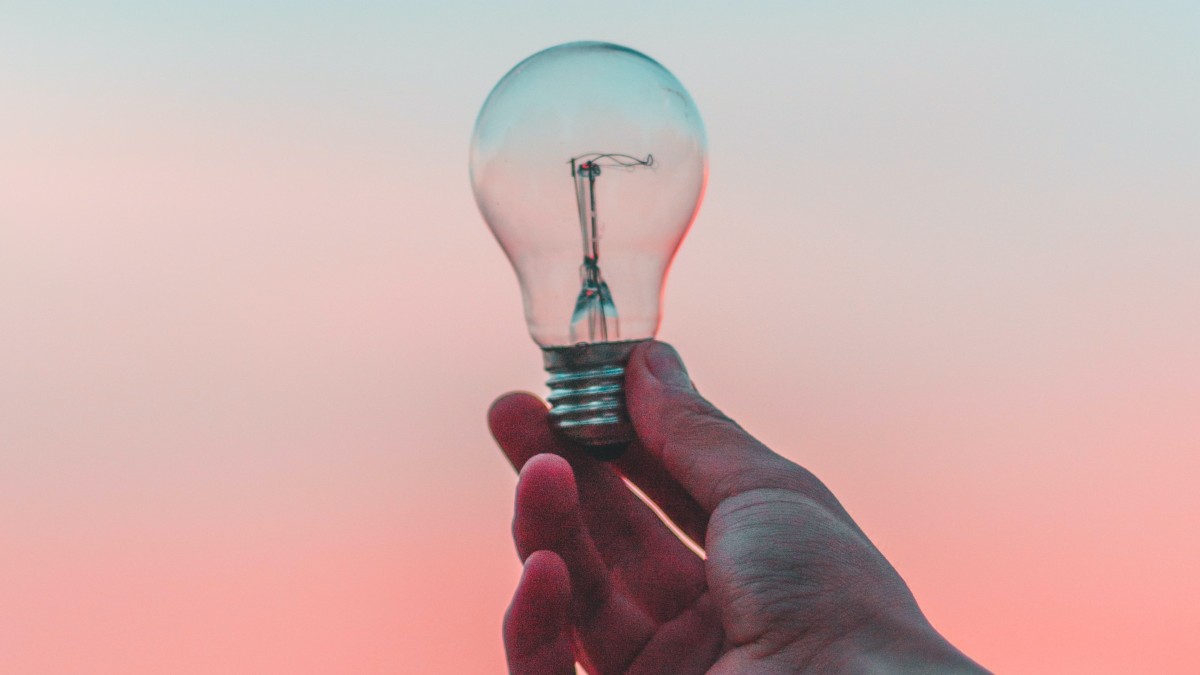
Research Gives 3 Game-Changing Methods For Conquering Creative Blocks
Humans are inherently creative. Here are 3 ways to tap into your creative reservoir in the middle of a slump.

By Mark Travers, Ph.D. | July 31, 2023
Creativity is often thought of as the domain of artists, writers, and musicians. However, in reality,creativity is a powerful force that can be harnessed by anyone in any field. It allows us to see the world in new ways, to imagine new possibilities, and to find innovative solutions to the challenges we face. Whether we're working in the arts, the sciences, running a business or pursuing personal growth, creativity is an essential tool for success and fulfillment.
In this article, I'll talk about three research-backed strategies to help you nurture your creative abilities and break through any creative barriers you might be facing.
1. Don't Wait For Inspiration To Find You. Produce More Even When You're Unsure About Your Abilities
Contrary to the common belief that creativity should flow naturally, research suggests that actively putting in effort to try new things enhances productivity and creativity.
For instance, one study asked Jazz pianists to improvise a piano track as they normally would. The pianists were then instructed to perform the track three more times, with one of the performances specifically directed to be "even more creative than your past performance(s)."
Inexperienced participants showed improvements based on independent judges' assessments, who described the improvisations as more proficient, more aesthetically appealing and more creative compared to the pianists' previous attempts.
According to the researchers, the instruction to be more creative prompted less experienced pianists to consciously exert effort and explore new playing styles. Interestingly, pianists who were more experienced did not show the same benefits, possibly because their improvisational expertise couldn't be further enhanced through increased conscious control.
The lesson from this study is to not let your insecurities and self-evaluations get in the way of moving forward. Jump into the deep-end to experience maximal creative benefits. Remember: necessity is the mother of invention.
2. Collaborate With Creatives
It's important to surround yourself with people who possess different backgrounds and perspectives. This will expose you to new ideas and new solutions. Creativity is often about applying an already invented approach to a new problem area.
Creativity is also contagious. For instance, a study published in Organizational Behavior and Human Decision Processes investigated how certain qualities of leaders affect the creativity of their employees. The researchers found that when leaders have a strong belief in their own creativity and when there is a good relationship between them and their employees, it has a positive influence on employee creativity. This happens via the leader encouraging creativity and the employees actively participating in the creative process.
So, always be on the lookout for opportunities where you could participate in collaborative brainstorming sessions and/or creative workshops. Most importantly, spend time around other creatives.
3. Strive For Excellence, Not Perfection
The pursuit of perfection can stifle creativity. When we set unrealistic expectations and strive for flawlessness, our focus shifts towards avoiding mistakes rather than exploring new possibilities.
When we strive for excellence, on the other hand, we create a space where we can take risks, make mistakes and learn from failures. This path unlocks the true potential of creativity, leading to continuous growth and improvement.
A study published in the British Journal of Psychology examined the effects of striving for excellence (excellencism) versus striving for perfection (perfectionism) on various aspects of creativity and self-beliefs.The findings show that embracing excellencism is associated with improved performance on creative tasks and positive self-beliefs. In contrast, perfectionism hinders creativity and causes us to become more rigid in our thinking.
Individuals who adopt a mindset of pursuing excellence tend to generate more original ideas and solutions, and they possess a stronger belief in their creative abilities. On the other hand, perfectionistic tendencies can hinder the creative process by imposing excessive pressure to avoid mistakes, limiting exploration of innovative possibilities.
In other words, don't be afraid to face failures and setbacks. They serve as stepping stones and are the result of experimentation and originality. By embracing the lessons learned from failures, you pave the way for innovative creations.
Conclusion
Boosting creativity is essential for personal growth, professional success and overall well-being. By consciously pushing ourselves to be creative, surrounding ourselves with like-minded individuals and not falling prey to the trap of perfectionism, we can take our creativity to new heights. Remember, creativity is a skill that can be nurtured and expanded with practice.
